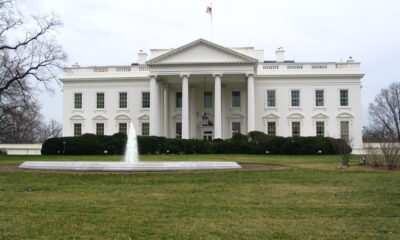Executive
Immunity for Me but Not for Thee
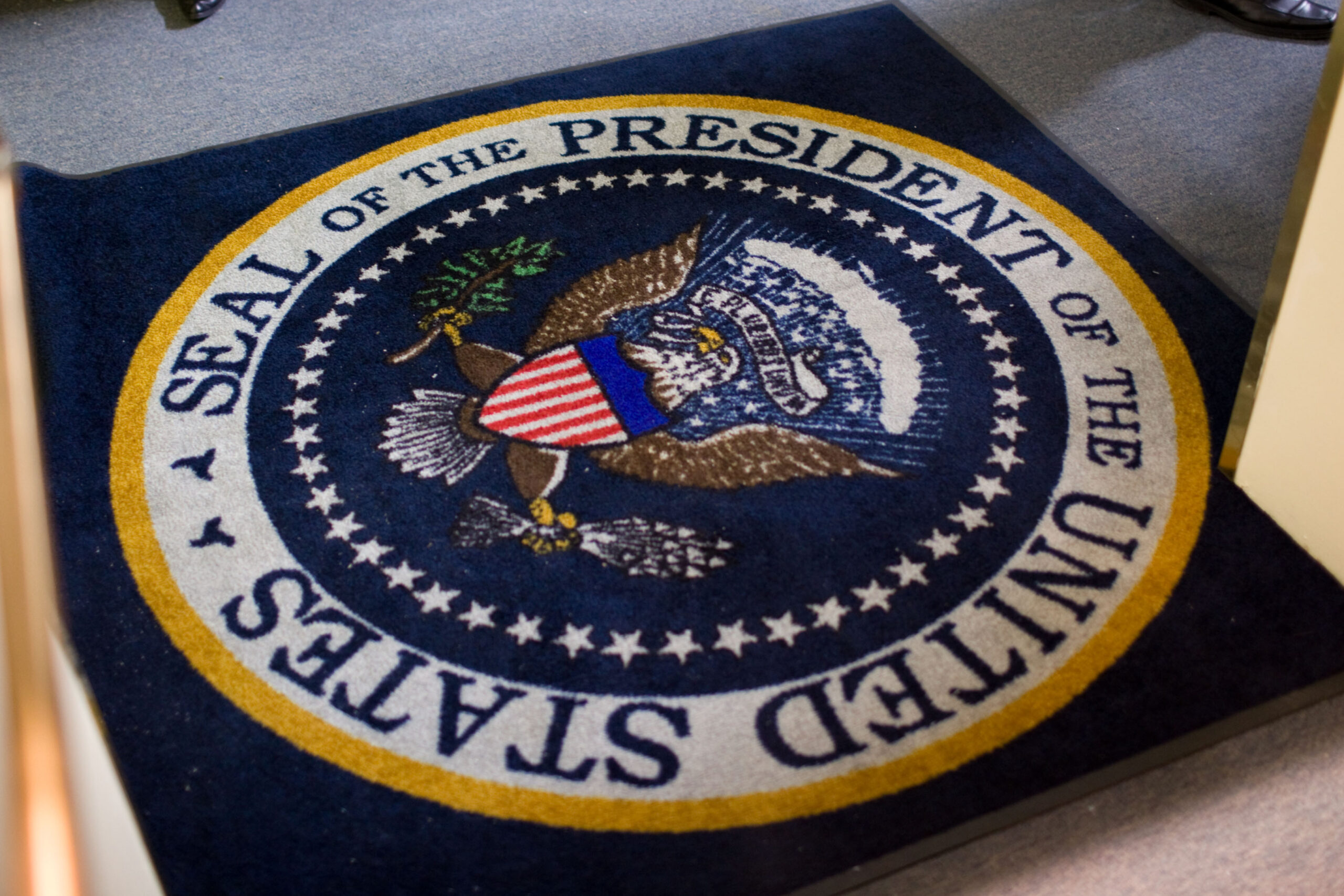
Whether Presidential Immunity is a Good Thing or a Bad Thing Shouldn’t Depend Upon Party Affiliation
The Presidential immunity case
“Whether and if so to what extent does a former President enjoy presidential immunity from criminal prosecution for conduct alleged to involve official acts during his tenure in office?” That is the question the Supreme Court will answer when it hears oral argument in Trump v. U.S. on April 25, 2024.
Legacy media and the ladies of “The View” nearly lost their collective minds when the Court agreed to hear Trump’s appeal of the D.C. Circuit’s decision denying him immunity for his actions surrounding the events of Jan. 6, 2021. However, even Jack Smith, the Special Counsel prosecuting the case, argued that it was of “imperative public importance” that the Court resolve the immunity question before trial.
But forget about Trump for the moment. The issue is bigger than Trump and his legal woes. As the partisan divide between the left and the right grows larger, there is a real risk that the criminalization of policy differences could raise our current state of “lawfare” to a new level.
Retired officials and their parade of horribles that has never happened
Several retired four-star generals and admirals, as well as former cabinet officials, have filed an amicus brief with the Supreme Court arguing that granting immunity to former presidents for actions within the outer perimeter of their official duties would raise questions about the ability of the United States to peacefully transfer power from one administration to another, and thereby pose a grave risk to national security.
The retired officials’ brief also argues that granting immunity would undermine civilian control of the military and undermine trust and confidence in the military as an institution.
The “parade of horribles” in the retired officials’ brief assumes that a future president would instruct subordinate military officers to carry out illegal orders for which they, but not the president, would be criminally liable. The brief also suggests that an unrestrained incumbent would use the military to retain power and, thus, destabilize America’s diplomatic and military standing among nations.
Of course, none of the hypotheticals feared by the brief writers occurred in the case pending before the Court. Apparently, they are afraid not of Donald Trump but of some unidentified future president.
Presidential immunity and horribles that HAVE happened
To analyze the pros and cons of immunity, however, there is no need to speculate about what some future president might do. We need only look at actual events from our recent history.
Situation #1: Obama’s drone strike
President Obama ordered a drone strike in Yemen to kill Anwar al-Awlaki, an American citizen and Islamic Imam critical of American foreign policy in the Middle East. Before releasing the drones that killed al-Awlaki and two others, the White House sought and received a Memorandum from the Department of Justice providing legal justification for the attack.
Several questions come to mind. Should the memo from DoJ authorizing the killing of an American citizen abroad without judicial due process immunize President Obama for violating the federal criminal statute that imposes criminal penalties for the extra territorial killing of an American citizen?
Could a subsequent President, a member of the opposing political party, direct a new Attorney General to investigate whether the killing of the U.S. citizen by drone attack in Yemen violated federal criminal law? If an indictment is returned against the now former President for that killing, should President Obama be allowed to claim immunity or be forced to stand trial?
Situation #2: Biden letting the immigrants in
President Biden revoked many of President Trump’s Executive Orders addressing border security when he took office. He also halted construction of physical barriers intended to secure the southern border and stem the flow of illegal border crossings and the smuggling of dangerous drugs.
The number of illegal border crossings skyrocketed. Instead of remaining in Mexico until asylum claims were adjudicated, migrants were “paroled” into the interior of the United States and given a court date for their asylum claim years into the future.
The quantity of illegal drugs, and the deaths of American citizens from accidental drug overdoses smuggled across the southern border, escalated astronomically. Federal law imposes criminal penalties on those who enter the United States illegally. It also punishes conspiracies to violate federal law.
So, if the White House switches parties when President Biden leaves, should the new president’s Attorney General seek an indictment against Biden for conspiring with the Secretary of Homeland Security to violate U.S. immigration laws by facilitating the illegal entry of millions of migrants into the United States? Or should those policy choices be protected by a cloak of immunity?
Situation #3: forgiving student loans
Eager to deliver on a campaign promise, President Biden announced a policy to “forgive” billions of dollars in student loan debt. The Supreme Court struck down the President’s plan and held that Congress had not authorized the Executive to unilaterally forgive student loan debt.
Instead of seeking legislative authority, President Biden reworked his plan to rely upon a different statute for authority. Assume the courts dismissed lawsuits challenging Biden’s “Plan B” because the plaintiffs lacked standing to sue. “Plan B” went forward and billions of dollars in federal student loans became “grants” instead of loans that had to be repaid.
The federal Anti-deficiency Act imposes criminal penalties on anyone who authorizes the expenditure of federal funds without a valid congressional appropriation. When President Biden leaves office, can he be indicted and tried because his “Plan B” loan scheme violated federal law?
Presidential Immunity Analysis
Each of the foregoing situations illustrates how a former President could be subject to indictment for actions taken within the outer perimeter of his official duties as President. Never happen, you say? Surely, no one would try to force these facts into violations of existing law. But Alvin Bragg, Fani Willis, and Jack Smith have all engaged in creative lawyering to bring novel criminal charges against Trump. Apparently, some see creative lawyering as a feature and not a bug in our legal system.
While the former Presidents have substantive defenses to the charges and the novel theories advanced in the indictments may be rejected by the courts or nullified by a jury, should the former presidents and the country be put through the spectacle of a criminal trial?
One of the major attributes of immunity is that it avoids the trial in the first place. Instead of placing one’s fate in the hands of a jury and hoping they will accept one or more defenses or justifications for the alleged violations, immunity prevents the trial at the outset. In other words, if the process is the punishment, immunity avoids the process.
Presidential immunity for actions within the outer perimeter of official duties allows a president to make difficult policy and operational decisions without concern for his personal liberty once he leaves office. It also eliminates the temptation to exact a tit for tat when the next election goes to the opposition party.
Rely on impeachment and elections
On the flip side, the existence of presidential immunity may provide unwarranted protection for the actions and decisions of a president who does not really have the best interests of the country at heart. But the Constitution provides two significant checks on that unseemly circumstance: impeachment and the ballot box. Furthermore, the Constitution specifically provides that upon conviction by the Senate in an impeachment trial the person impeached “shall nevertheless be liable and subject to indictment, trial, judgment and punishment, according to law.”
It is tempting to favor or disfavor presidential immunity in criminal cases depending upon the political or personal like or dislike one may have for the indicted former President. Republicans get immunity but Democrats don’t; or vice versa. But if we are to be a nation of laws every former president should be entitled to presidential immunity for alleged criminal acts committed within the outer perimeter of official duties, or no former President should be so immune.
The issue before the Supreme Court is one of first impression. While immunity has been litigated in the context of civil claims, no former President has been indicted for criminal acts while in office, until now. In an ideal world, the answer to the question presented in Trump v. United States would remain nothing more than an interesting topic of discussion among law professors.
But if the last seven or eight years have proved anything it is that we are not living in an ideal world.
This article was originally published by RealClearDefense and made available via RealClearWire.
William A. Woodruff is a retired Army lawyer who, as Chief of the Army Litigation Division, was responsible for defending Army policies, programs, and operations in federal courts around the country. He retired from active duty in 1992 and taught law for 25 years at Campbell University School of Law in North Carolina.
-

 Education3 days ago
Education3 days agoCHAPTER 13: Fomenting Race Wars Begins in Kindergarten
Space Is No Longer the Final Frontier—Reality Is [forthcoming release May 2024] -
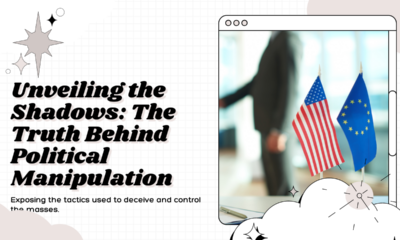
 Executive2 days ago
Executive2 days agoCHAPTER 14: Changing Hearts and Minds
Space Is No Longer the Final Frontier—Reality Is [forthcoming release May 2024] -

 Guest Columns2 days ago
Guest Columns2 days agoWhen Artificial Intelligence Tells You What A “Useful Idiot” In The Mainstream Media Cannot — The Truth
-

 Civilization5 days ago
Civilization5 days agoAntisemitism – and misguided legislation
-
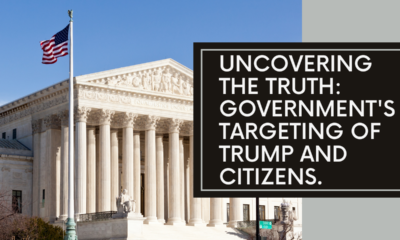
 Executive2 days ago
Executive2 days agoTrump is not a paranoiac after all
-
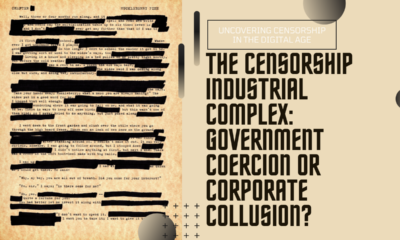
 Executive4 days ago
Executive4 days agoCensorship Industrial Complex redux
-

 Guest Columns5 days ago
Guest Columns5 days agoGOP Right Flank Challenges Speaker Johnson (and Trump)
-

 Executive4 days ago
Executive4 days agoDon’t Let Colorado Become the Next Energy Crisis State








